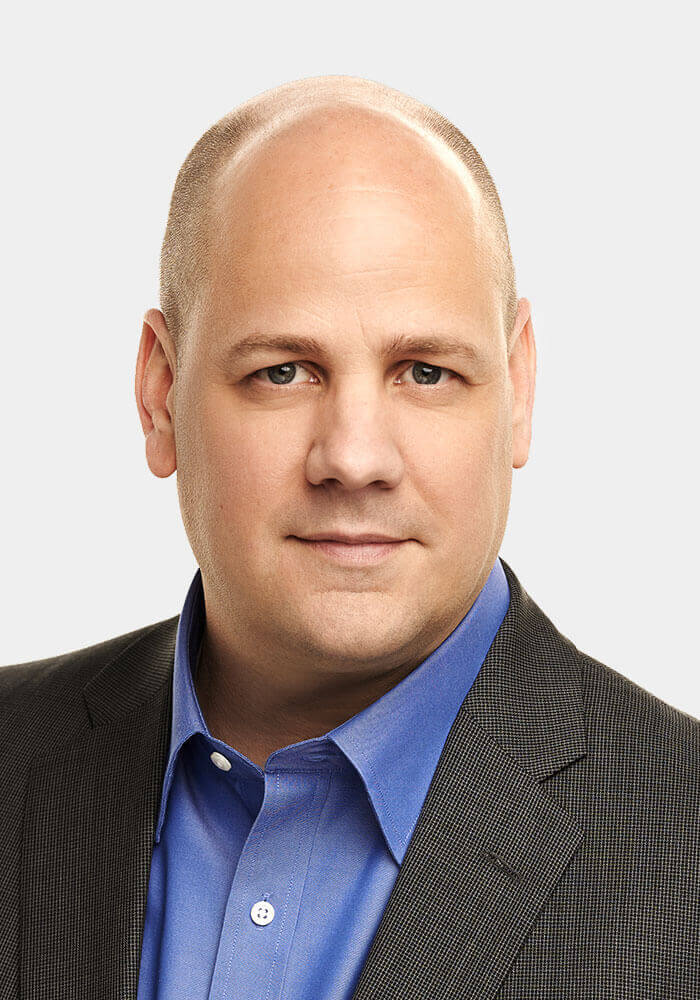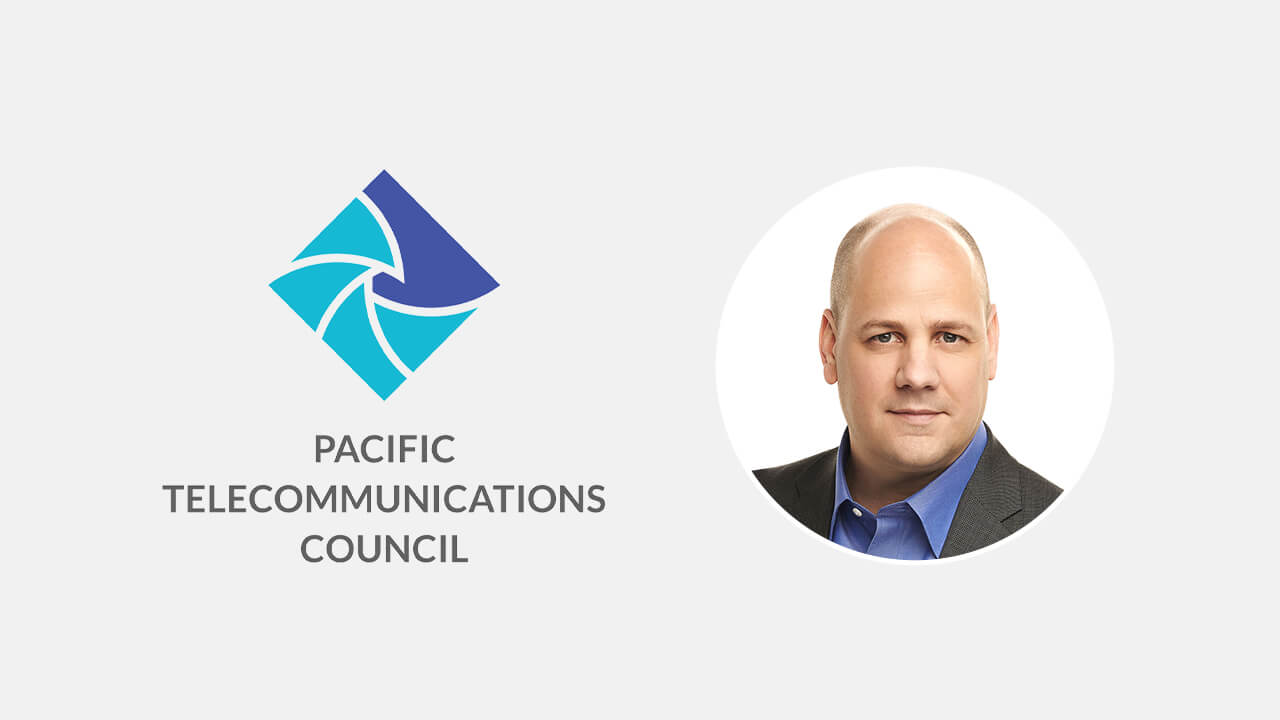
Eric Hall
EVP, Sales & Sales Engineering,
MOX Networks
One doesn’t have to look far to see the benefits of technology on society. The advancements in video conferencing and the growth in the number of households with Internet access or smartphone connectivity have made the workforce transition from office to home a reality for many professionals. In addition, the recent pandemic significantly increased the work from home model and put a spotlight on areas such as telehealth, artificial intelligence, and remote learning, pushing their innovation to evolve and improve faster than we would have imagined in previous decades. All these amazing new technologies, apps, and systems utilize underlying telecommunications and data centers to move, share, and store content. Advancements in satellite Internet are also proving to be a valuable connectivity option when land-based Internet is not available. I believe the telecommunications field will continue to advance and exceed our imagination in how it will improve society for the better.
The largest impact to companies like MOX has been the implementation of flexible grid technology across our network. New flexible grid technology has allowed us to increase capacity in the same footprint as well as lower our per bit power consumption. Longer routes that MOX offers, such as Seattle to Chicago, can now operate at 400G across a single channel and shorter routes can operate at even larger bandwidths. We believe the next large step will be spectrum sharing or the virtualization of a fiber pair.
Companies should always be ready and willing to adapt and innovate as the communications industry evolves and grows. Equipment manufacturers offer the perfect tangible and visual example of how rapidly innovation can alter technology practices. With new technology comes new equipment to support and deliver on that offering, adapting to new demands. I think we can all agree that 100G is much better than DS3.
Not only does PTC allow MOX to interact with its customers and vendors within the U.S., but it delivers value in bringing all our APAC customers/vendors in the same place to connect, communicate, and collaborate. The ability to have face-to-face meetings with so many colleagues during PTC’s Annual Conference is a tremendous benefit for MOX, especially after the limitations of COVID-19 on in-person meetings. We greatly appreciate PTC and their commitment to bringing together our community of professionals focused on communication innovation.
MOX is leading in the creation of new and unique fiber paths in the U.S. New routes like Seattle to Hillsboro offer connectivity opportunities between the U.S. and APAC. Our routes stem from cable landing station connectivity along the Pacific coast of the U.S., extending to Japan. Our network allows APAC customers to have a deeper reach into the U.S. Like PTC, MOX is committed to the continued development and innovation of communication technologies across the Pacific region and beyond.
The telecommunications industry includes a vast number of degree fields. It’s constantly changing and driving the world in new directions. When you enter this industry, you will bring a fresh perspective and new knowledge. Your role in this industry will be dramatically different in 20 years from when you began, and you will have been a part of leading telecommunications into the future.
MOX has always been a company of remote employees, embracing technology to conduct business. During the pandemic, there was a major shift to remote work across the world. The home office was already a part of our culture prior to the pandemic, and video conferences were not new to our team. We were able to seamlessly continue our existing operations and focus on our customer work while others were learning to adapt to this new way of doing things.
About MOX Networks
MOX Networks is a leading fiber optic network specialist. We build the capacity to deliver on the infinite possibilities for new paths, connections, and performance.
MOX responds to the increasingly complex requirements of hyperscalers, wireless service providers, government, municipalities, public and private partnerships, with exclusive, custom design and deployment of unmatched low latency networks.
Founded in 2013, MOX owns and operates unique lit and dark fiber routes throughout North America and Asia.



